Patrols bring security to Mekong River
By Hu Yongqi ( China Daily ) Updated: 2013-12-17 08:23:49Approximately 90 percent of the route runs along Laos' borders with Myanmar and Thailand. Drug smugglers and dealers have long posed a threat to international shipping on the waterway, especially in the northeastern areas of Myanmar that are under the control of ethnic armies, meaning the acquisition and use of weapons are hard to control, according to the officers.
"Our forces have helped to facilitate the patrols by coordinating the exchange of information, among other things, with our three neighbors. Now shipping on the Mekong is safer than ever and the cargo volume has bounced back to the levels we saw before the attack on the fishermen," said Jin.
Busting the smugglers
The patrol fleet left a foggy Guanlei Port in southern Xishuangbanna early in the morning and arrived at Maung Mo, a Chinese police base on the riverbank in Thon Pherng county in western Laos, 10 hours later.
A 20-minute drive south of Maung Mo lies the Golden Triangle Special Economic Zone, which is controlled by a Chinese man called Zhao Wei. The zone is famous for the sexual and gambling services on offer; once visitors clear security, they can gamble in casinos where a single win can net 80 million Thai baht ($2.5 million) and young bikini-clad women provide "entertainment" for the customers. Even the local supermarket counters offer posters of the women.
While the trade in narcotics has won the Golden Triangle global notoriety, the fight against the drugs smugglers never stops. With the assistance of Xishuangbanna public security bureau, the Waters Division arrested five smugglers in March and impounded 579.7 kilograms of crystal meth with a street value of more than 500 million yuan ($82 million).
Earlier this year, drug dealers tried to attack the patrol with a line of floating bombs. However, they miscalculated the water speed, meaning the bombs sank and failed to explode after becoming lodged in rocks on the riverbed.
"Along the river, the beauty of the trees and flowers present wonderful sights for travelers, but drug smugglers often use these tranquil forests as camouflage and attack our ships from hidden positions. Everyone on board is extremely anxious about the happenings along the riverbank," said Ji.
The Waters Division employs nine experienced captains, each of whom has been navigating the Mekong River for at least 10 years. "The fluctuating water level poses a danger. In the rainy season, the water rises and we have to try to remember the exact locations of submerged rocks," said one of the captains, Li Yuangang, 44.
During the dry season, which runs from January until May or June, the water level in Xishuangbanna and the neighboring areas in Myanmar and Laos falls drastically, making navigation even more perilous, according to Li. "During that season, rocks stick out of the water and ships are often stranded in the narrowed watercourse," he said.
More cover stories:
 |
 |
 |
 |
|
|
|
|
|
|
|
|
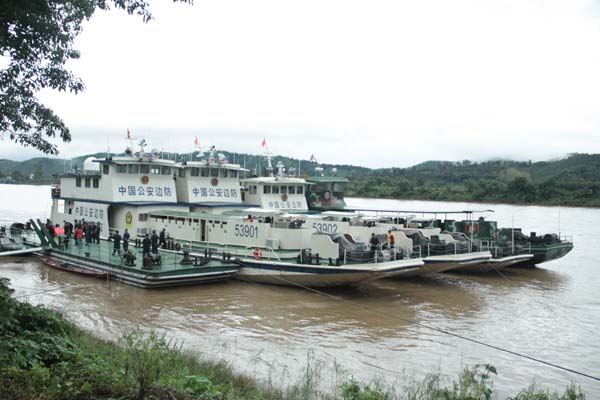
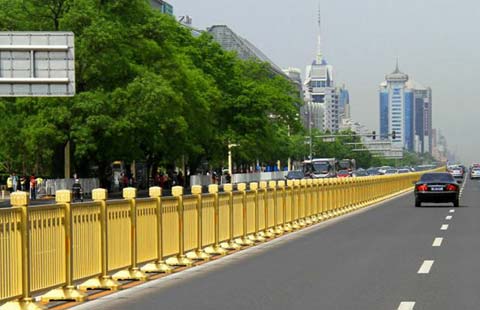
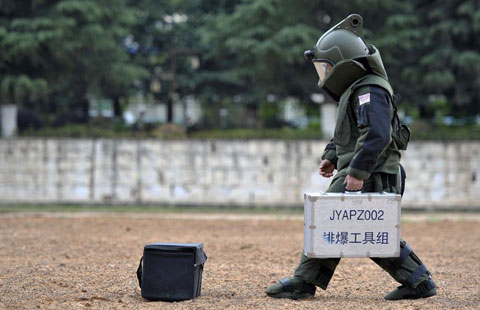

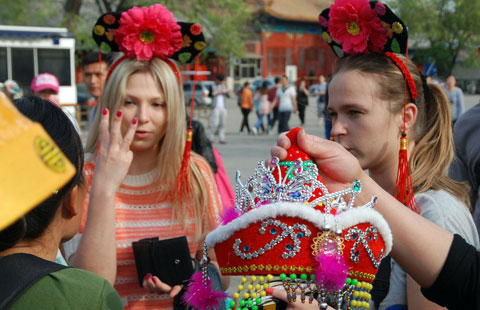

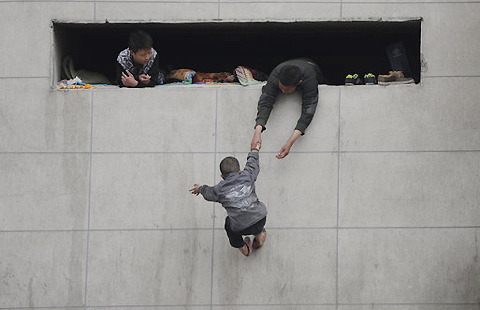
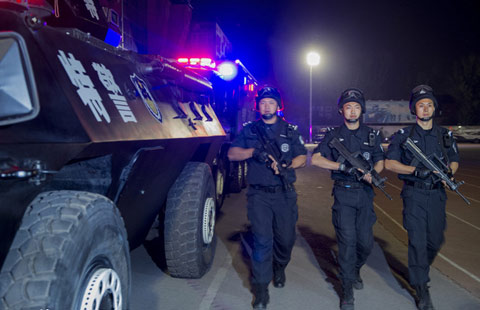


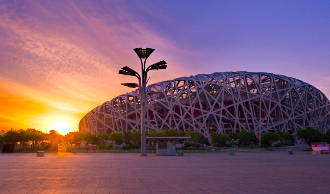

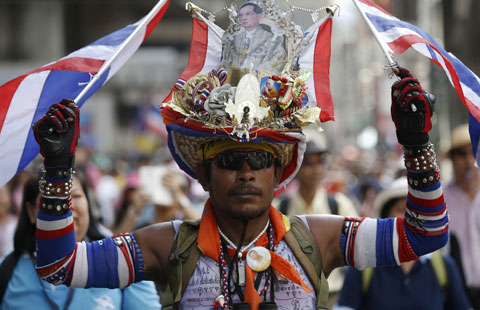






 Op Rana
Op Rana Berlin Fang
Berlin Fang Zhu Yuan
Zhu Yuan Huang Xiangyang
Huang Xiangyang Chen Weihua
Chen Weihua Liu Shinan
Liu Shinan